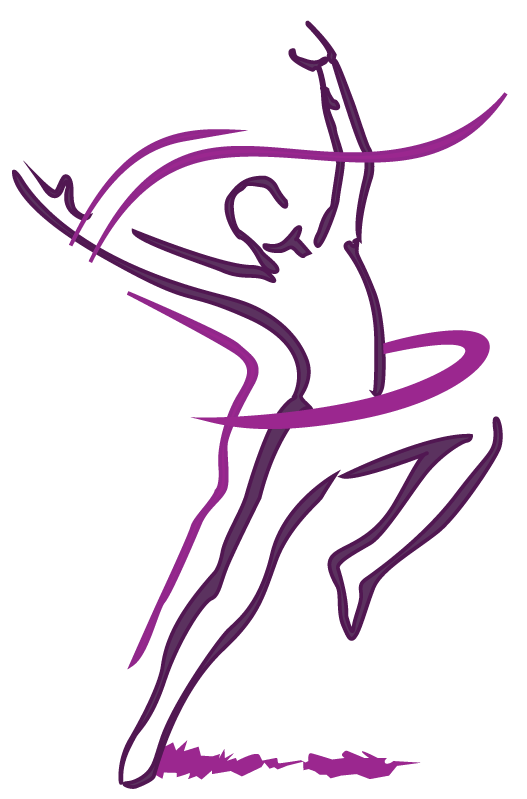This is the first of a multi-part series discussing how we define health, what are the constituents to health and what can you do to be a healthier better version of yourself.
Patients tell me regularly that “I’m healthy” or “I have a clean bill of health” having just seen their doctor. However correct they or their doctor may be, I am always curious about what this information actually means.
The dominant viewpoint on “health” is largely focused on how we feel. Thus, if we feel good (read: have no symptoms) we consider ourselves healthy. Frankly, this is may not be entirely true. Consider, for a moment, the timeline to developing heart disease, type 2 diabetes even cancer. They can take years to develop but may only surface as a symptom late in life and at the end stage of malfunction. Would you still consider yourself healthy even though these symptoms haven’t come out of hiding?
It is generally safe to assume that the human genome hasn’t changed significantly in the past few hundred years and as such is made up of trillions of tiny cells, each having a distinct role within the system. Part of each cells’ unique role is having the innate ability to adapt to the environment. Even single celled organisms know to move toward food and away from harmful stimuli. When these cells are working together harmoniously they maintain this balance by adapting and changing to any stimulus introduced. One basic example is that if we stop smoking our lung tissue regenerates.
Thus, our health can be looked at as a measure of function; specifically how are our trillions of cells working harmoniously together.
When we move away from health and towards sickness (or loss of function) it is because we are forcing our cells to adapt to different stressors (physical, emotional or chemical). This adaptation may be causing an overall compromise in function. If we continue to bombard our cellular environment with these stressors over time, the adaptation can lead to full blown illness. It is ultimately the choices we make day to day that bring us towards health or towards sickness and eventual disease.
In order to make the best of our cellular environment there are essential components that we need in order to not only live long and healthy lives but to thrive and maximize our own life.
The World Health Organization defines health as, “A state of complete physical, mental and social well-being and not merely the absence of disease or infirmity”. I personally love this definition as it suggests not only healthy function at the physical level but incorporates social well-being and mental health.
The following are the essentials for healthy living and to be the best you can be. This, by all means, is not exhaustive but has all the foundational elements.
Movement
Proper rest
Oxygen
Water
Proper mental state
Sunlight
Stress reduction
Stay tuned for future updates on how to put the pieces of the wellness puzzle together to become the best version of you!
